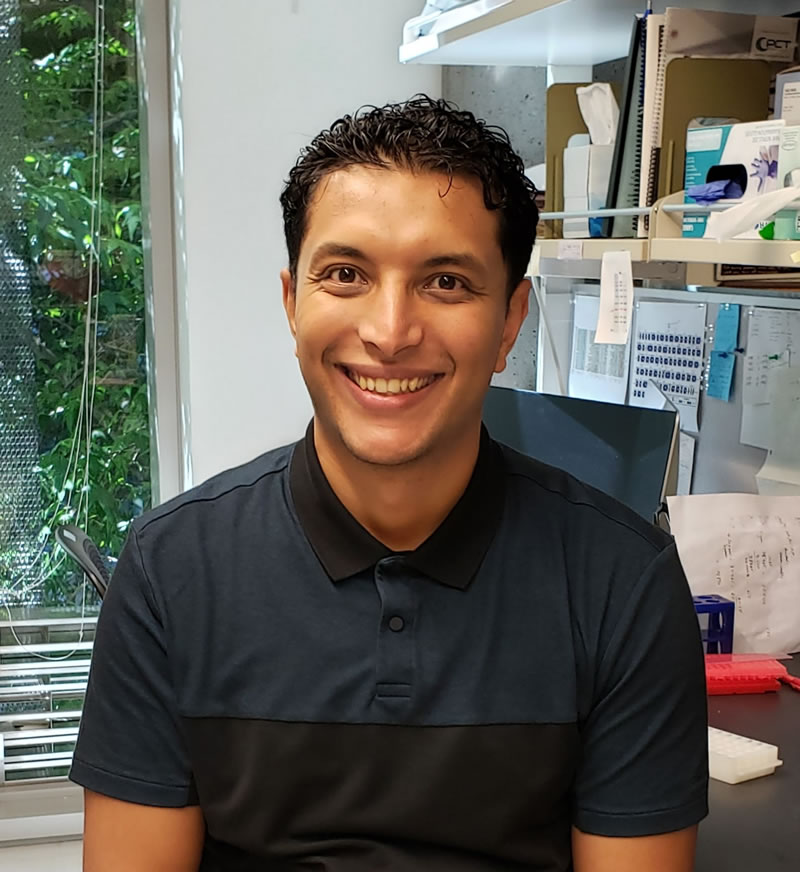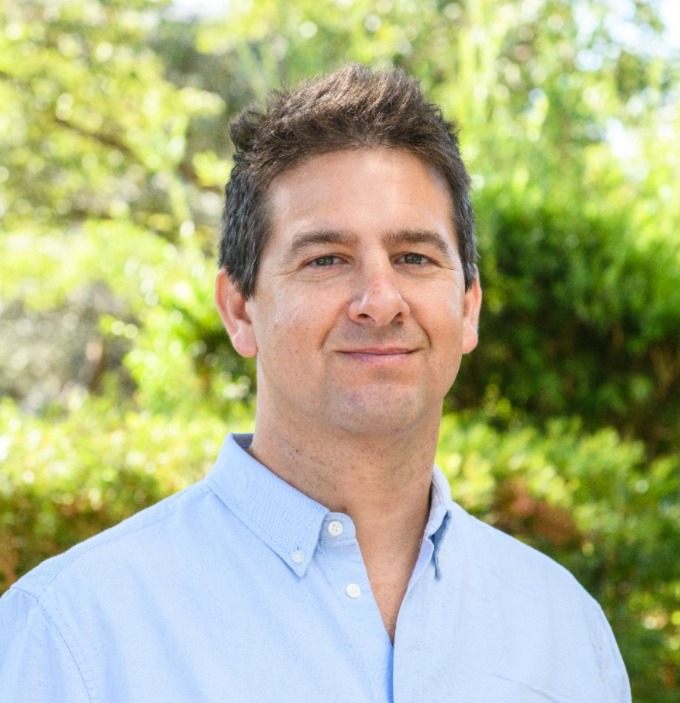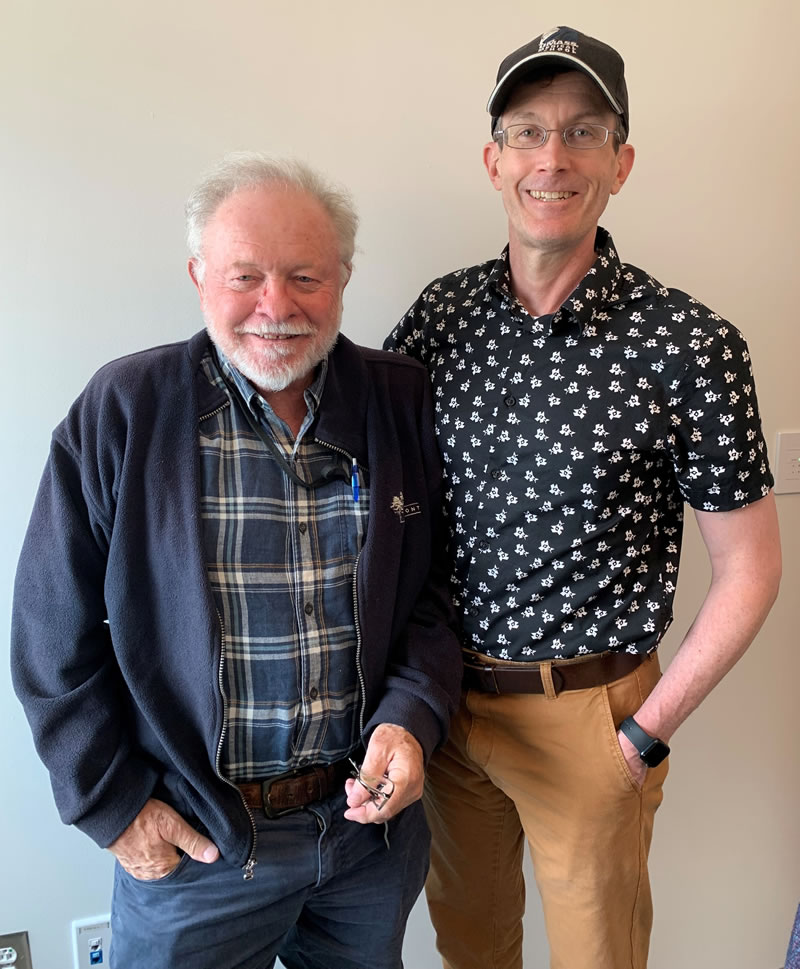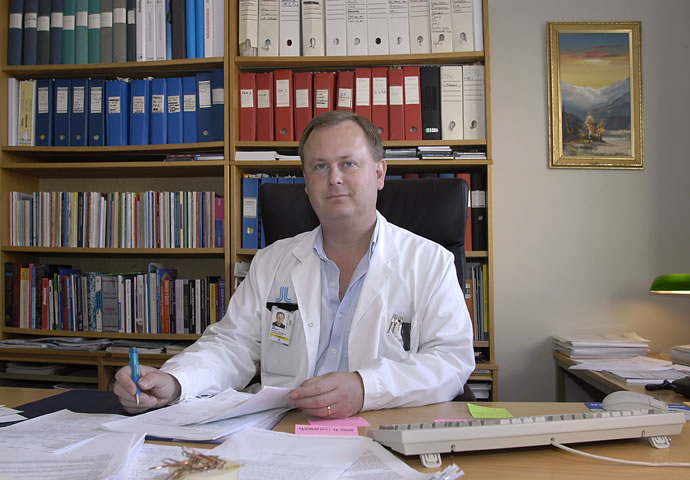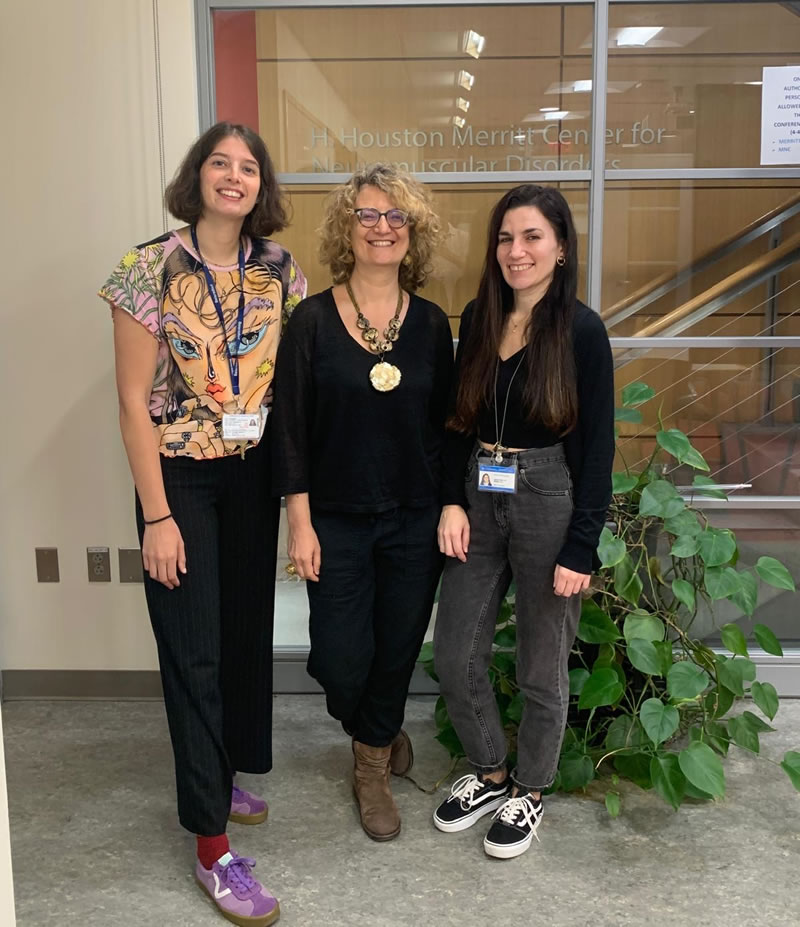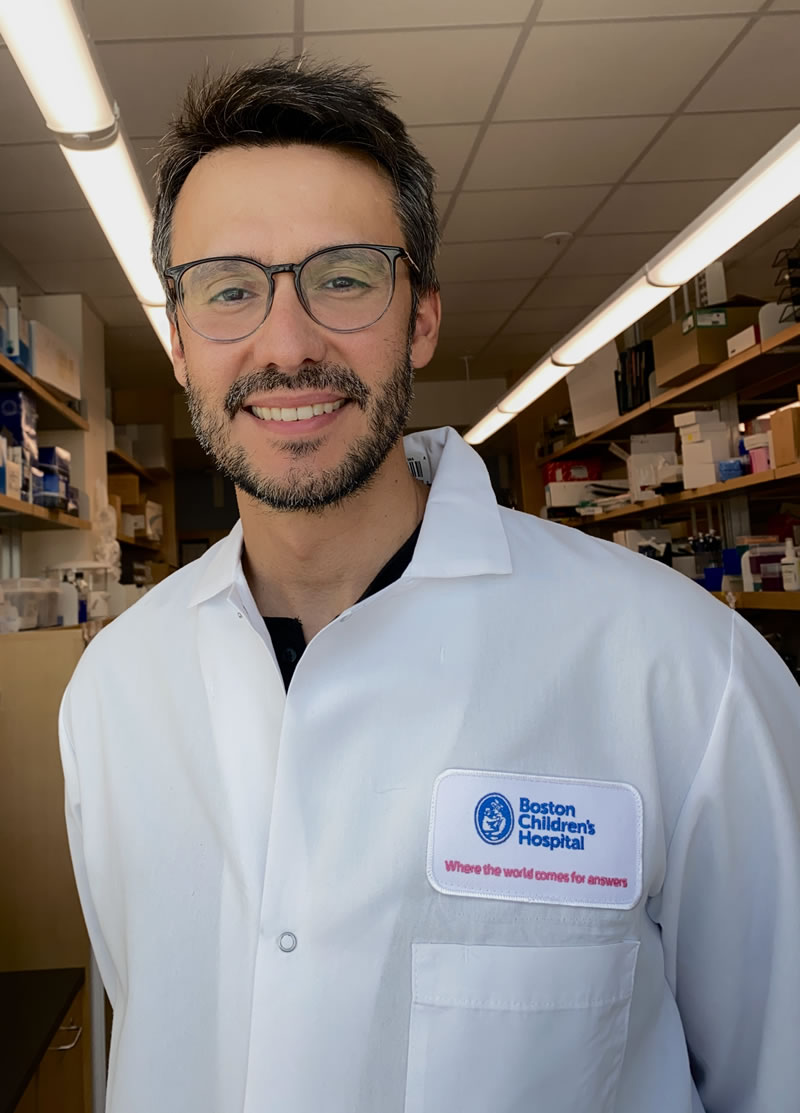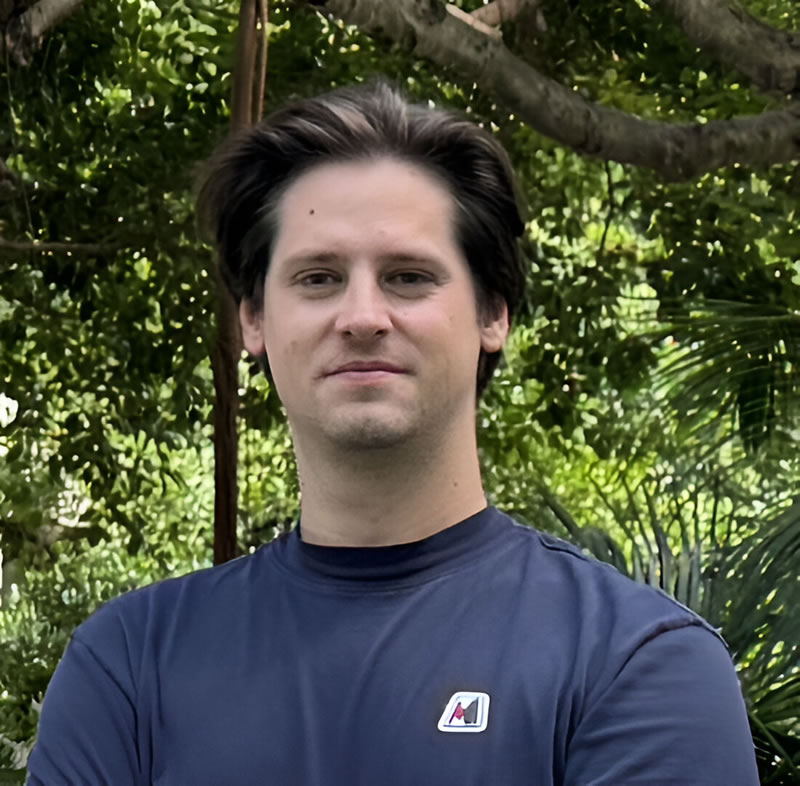MDA Resource Center: We’re Here For You
Our trained specialists are here to provide one-on-one support for every part of your journey. Send a message below or call us at 1-833-ASK-MDA1 (1-833-275-6321). If you live outside the U.S., we may be able to connect you to muscular dystrophy groups in your area, but MDA programs are only available in the U.S.
Paired Prime Editors to treat Friedreich’s Ataxia

Prime editing (PE), a novel type of gene editing, represents a promising therapeutic approach for FA because it addresses its root cause, the removal of the GAA expansions in the FXN gene. The advantage of gene editing approaches over gene therapy for FA is that, upon removal of the GAA repeats, the edited FXN gene will still be under the control of its natural regulator, thus alleviating concerns about the overexpression of frataxin and associated toxicity. This multi-disciplinary team of investigators will test several novel PE tools, comparing their efficacy and specificity. The aim is to demonstrate robust and specific GAA repeat removal from the FXN gene in human FA cells. One approach, PRIME–Del, uses an editing tool in which only one strand of the DNA is cut. This may reduce efficiency but will also reduce unwanted edits in the DNA (off targets). PE-Cas9-based deletion and repair (PEDAR) uses an editing tool that cuts both strands of the DNA, which may prove to be more efficient but has the safety liability of inversions and deletions in the DNA. One liability of PE is that it requires a machinery that is very large and doesn’t fit in AAV, the viral system used to deliver genetic medicines to tissues. Therefore, the investigators have devised a system in which two halves (split editors) of the gene editing machinery are delivered separately. By comparing efficiency and specificity of these different approaches the team will be able to identify an editing tool with the optimal combination of high efficiency of editing and reduced rate of off-targets in the genome.
Co-funded with Friedreich's Ataxia Research Alliance.
Grantee: Jonathan Watts, PhD
Grant type: Research Grant
Award total: $125,000.00
Institution: University of Massachusetts Chan Medical School
Country: USA
